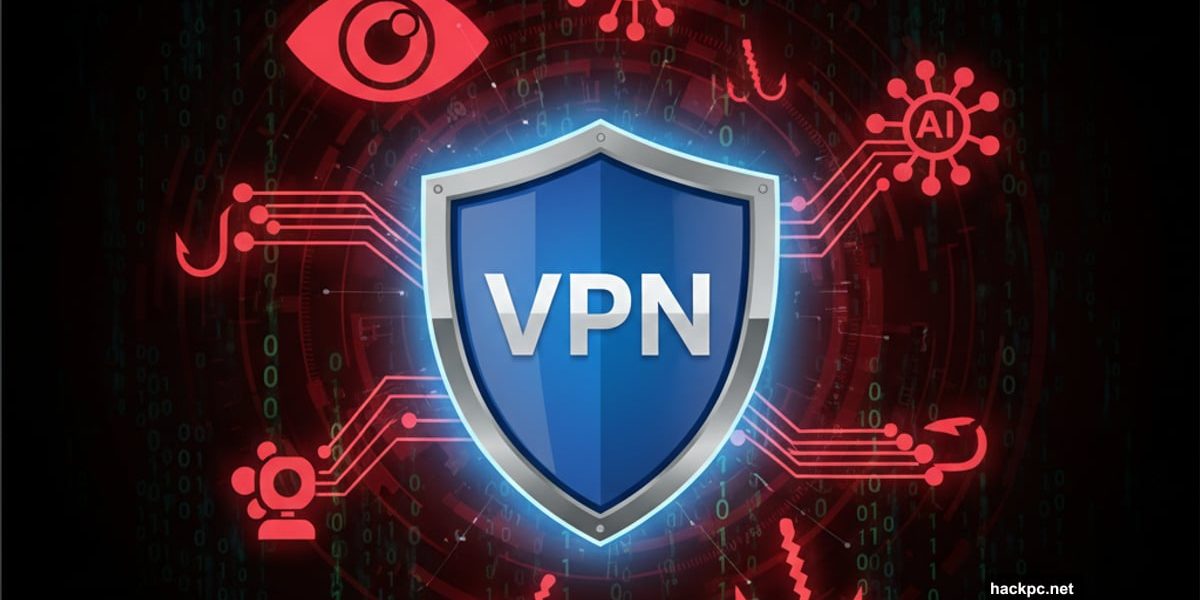
Your online privacy is dying. Not slowly. Rapidly.
Two Norton VPN experts just explained how AI-powered scams, data harvesting, and misinformation are converging into a perfect storm. Plus, the tools that once protected us are becoming obsolete. The threats are evolving faster than most people realize.
So what’s replacing traditional internet security? VPNs are transforming from nice-to-have tools into essential digital armor. Let me show you why that shift matters and what you need to know right now.
Your Data Gets Tracked Everywhere You Go
“The first and the most prominent is data tracking,” says Himmat Bains, Product Lead for Norton VPN. He didn’t hesitate when asked about the biggest privacy threat facing internet users today.
ISPs have tracked your browsing for years. But now AI chatbots and large language models are harvesting your data at unprecedented scale. Every prompt you enter, every conversation you have with ChatGPT or Claude gets stored and analyzed.
Why does this matter? Because collected data always gets exploited eventually. Hundreds of LLM servers were recently found exposed to the internet, potentially giving cybercriminals access to millions of conversations. Your casual chat about vacation plans or financial decisions could end up in the wrong hands.
Think about what you’ve typed into AI assistants this month. Now imagine all of that sitting in an unsecured database somewhere. That’s the reality we’re facing.
AI-Powered Scams Are Getting Terrifyingly Good
Filip Hlinka, VP of Product Management for Norton’s Privacy Products, shares a chilling prediction. “In the next 5 to 10 years, it’s going to be almost impossible to recognize what’s real and what’s not.”
Scammers used to give themselves away with broken English and obvious red flags. Not anymore. AI algorithms now learn, adapt, and personalize faster than we can keep up with them.
Hlinka recently experienced this firsthand while selling his car. Scammers spent three days building trust with realistic communications before finally requesting his bank details. Only an absurdly high offer triggered his suspicions and saved him from the trap.
These aren’t random phishing emails anymore. They’re sophisticated, personalized attacks that study your behavior and strike when you’re most vulnerable. And they’re getting better every single day.
Misinformation Is Poisoning Everything You See
“How do we pick which information we should rely on?” Hlinka asks. That’s the question keeping cybersecurity experts awake at night.
Your social media feeds, news sources, and online forums are being manipulated at scale. Russia’s interference in US elections proved how easily information can be weaponized. But that was just the beginning.
AI-generated content now looks and sounds completely authentic. Videos of politicians saying things they never said. News articles reporting events that never happened. Expert opinions from people who don’t exist.
“The internet’s information flow is no longer neutral,” Hlinka explains. “It can be filtered, manipulated, ranked, and even region-blocked in ways that can quietly shape what you see and believe.”
As AI content generation improves, distinguishing truth from fabrication becomes exponentially harder. Your worldview is being shaped by algorithms designed to manipulate your beliefs and behaviors.
Privacy Laws Can’t Keep Up with Global Internet Use
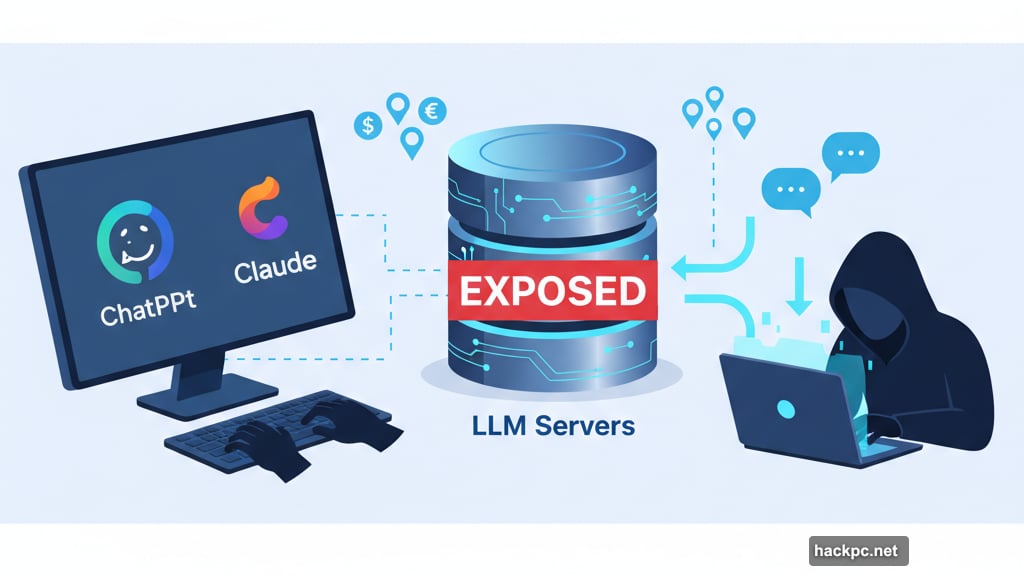
The internet has no borders. Privacy laws do. That disconnect creates massive vulnerabilities.
Bains points out how fragmented the global approach to online privacy has become. Different US states have different rules. China has its own approach. Europe has GDPR. India has separate regulations.
What happens when you travel? Your data suddenly becomes subject to entirely different legal protections. Or lack thereof.
“If I move from Spain to India, if I move from India to Singapore, there is no universal approach to handling data,” Bains says. Your information crosses jurisdictions constantly, but consistent protections don’t follow it.
That fragmentation creates gaps that bad actors exploit ruthlessly.
How VPNs Actually Protect You from These Threats
Most people think VPNs are just for watching streaming content from other countries. That’s like buying a Swiss Army knife and only using the bottle opener.
Modern VPN services like Norton have evolved into comprehensive privacy shields. Here’s how they address each major threat.
Stopping Data Tracking at the Source
ISPs are like postal workers trying to peek inside your envelopes, Bains explains. They want to see who you’re writing to, what you’re saying, and when you’re saying it. VPNs seal those envelopes shut.
VPNs encrypt your connection so ISPs can’t build profiles of your interests and habits. Masking your IP address cuts off the primary data stream that companies use to track you.
But the protection goes beyond ISPs. Hlinka compares using a VPN to wearing “digital camouflage” that hides your location and browsing trail. That makes it exponentially harder for AI training systems to connect your actions to your identity.
AI algorithms thrive on patterns. VPNs break those patterns. No patterns mean no profile. No profile means no targeted exploitation.
Cutting Off AI Scammers’ Information Supply
Remember how AI-powered scams work? They analyze public data, location clues, and browsing patterns to appear more convincing. It’s like a master mimic studying someone for years to nail their impression.
VPNs scramble the trail of where you go online and what you do there. That cuts off the clues scammers need to target you effectively. If the mimic has no voice to study, the impression fails.
Combined with Norton’s full suite of cybersecurity tools, the basic VPN functionality keeps your personal information off limits to digital pickpockets, even when they’re powered by sophisticated AI.
Bypassing Information Manipulation
VPNs don’t just protect you from data harvesting. They give you access to alternative perspectives and worldviews.
Connecting to servers in other countries lets you see how different regions report the same events. That’s especially valuable in countries with state-controlled media.
“It’s like tuning a radio that suddenly picks up more stations,” Hlinka says. “Helping you hear the full story instead of the same tune on repeat.”
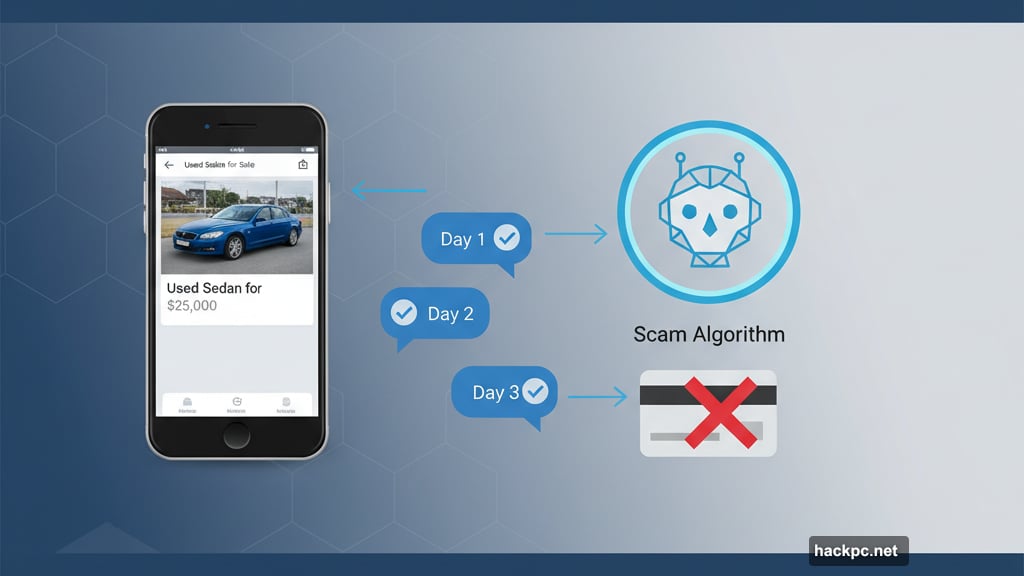
VPNs don’t tell you what to believe. They give you the freedom to see more and make up your own mind. In an age of algorithmic manipulation, that freedom is becoming increasingly rare.
Creating Consistent Privacy Across Borders
“VPNs are essential in giving people more control over their digital footprint, regardless of their jurisdiction,” Bains explains.
A VPN acts as your passport to consistent privacy. It builds a single encrypted tunnel around your connection so your data isn’t exposed when you cross digital borders.
“It’s like traveling with your own personal bubble of privacy that goes wherever you do.”
That matters more as remote work and international travel become standard. Your privacy protections shouldn’t evaporate the moment you connect to WiFi in another country.
VPNs Are Becoming All-in-One Security Solutions
Norton and other leading VPN providers are evolving beyond simple IP masking. The future of digital security is multi-layered protection in a single package.
“We’ve got to evolve beyond just IP masking to multi-layered protection, obfuscation, advanced traffic blocking, IP rotation and, ultimately, stronger encryption,” Bains explains.
Norton’s Plus and Ultimate plans now include AI-powered phishing and malware protection, dark web monitoring, and password management. It’s not just a VPN anymore. It’s a comprehensive digital security suite.
Other features on the roadmap include improvements to double VPN functionality and a proprietary Mimic protocol designed to resist quantum computing threats. These aren’t distant possibilities. They’re being developed right now.
“We’re at the forefront of building something that every other VPN wants to build,” Bains says. “We have it now.”
The Privacy You Take for Granted Is Vanishing Fast
“Scams are going to absolutely new levels,” Hlinka warns. “Our credibility, at the moment where we need it, is at risk because of surveillance. And we cannot be free because we are manipulated so much.”
That’s not hyperbole. It’s the assessment from people at the cutting edge of privacy protection technology.
Your browsing history is being harvested. AI is learning to impersonate trusted contacts with frightening accuracy. Misinformation is shaping your worldview without your knowledge. And privacy laws are too fragmented to protect you consistently.
“VPNs, in the landscape described, are a foundational piece you should have in place,” Hlinka states.
Not might need. Not could consider. Should have in place. Now.
The threats are real, growing, and accelerating. The tools to fight back exist and they’re getting better. But only if you actually use them.
Your privacy isn’t going to protect itself. Nobody’s coming to save it for you. The question is whether you’ll take action before it’s too late.
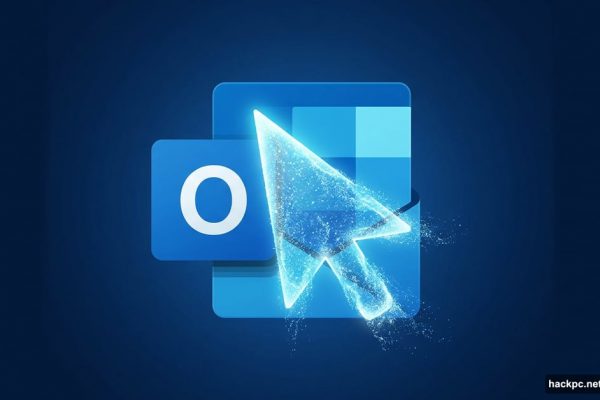
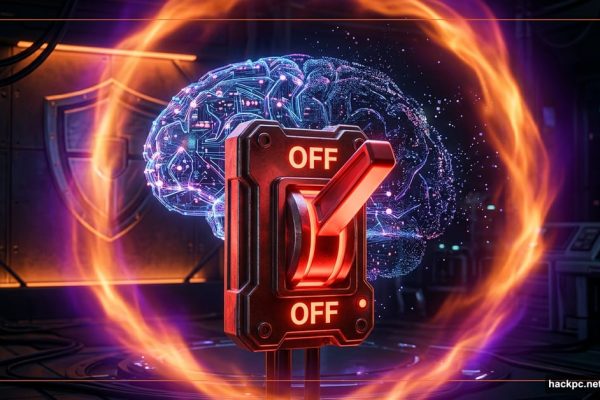
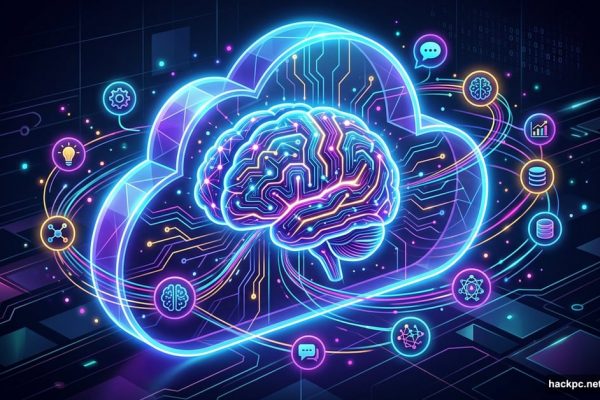
Comments (0)